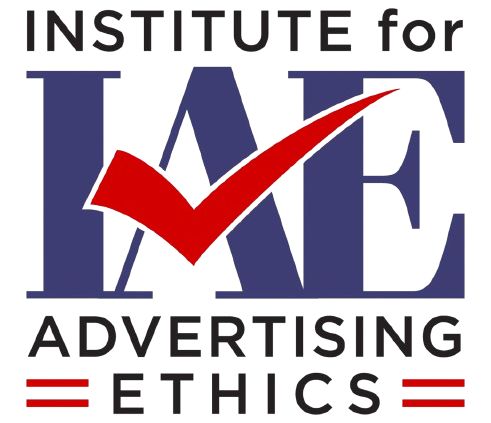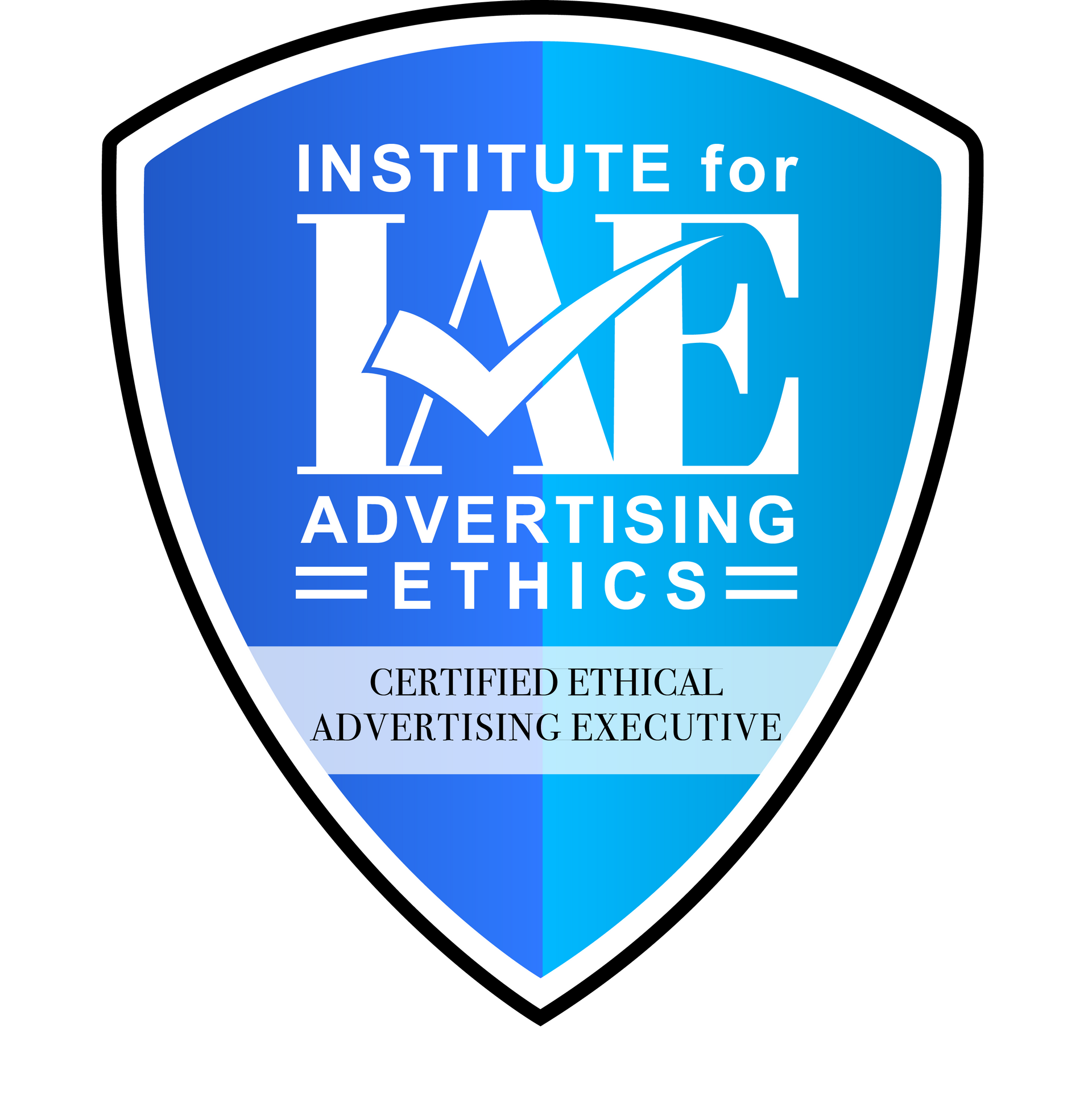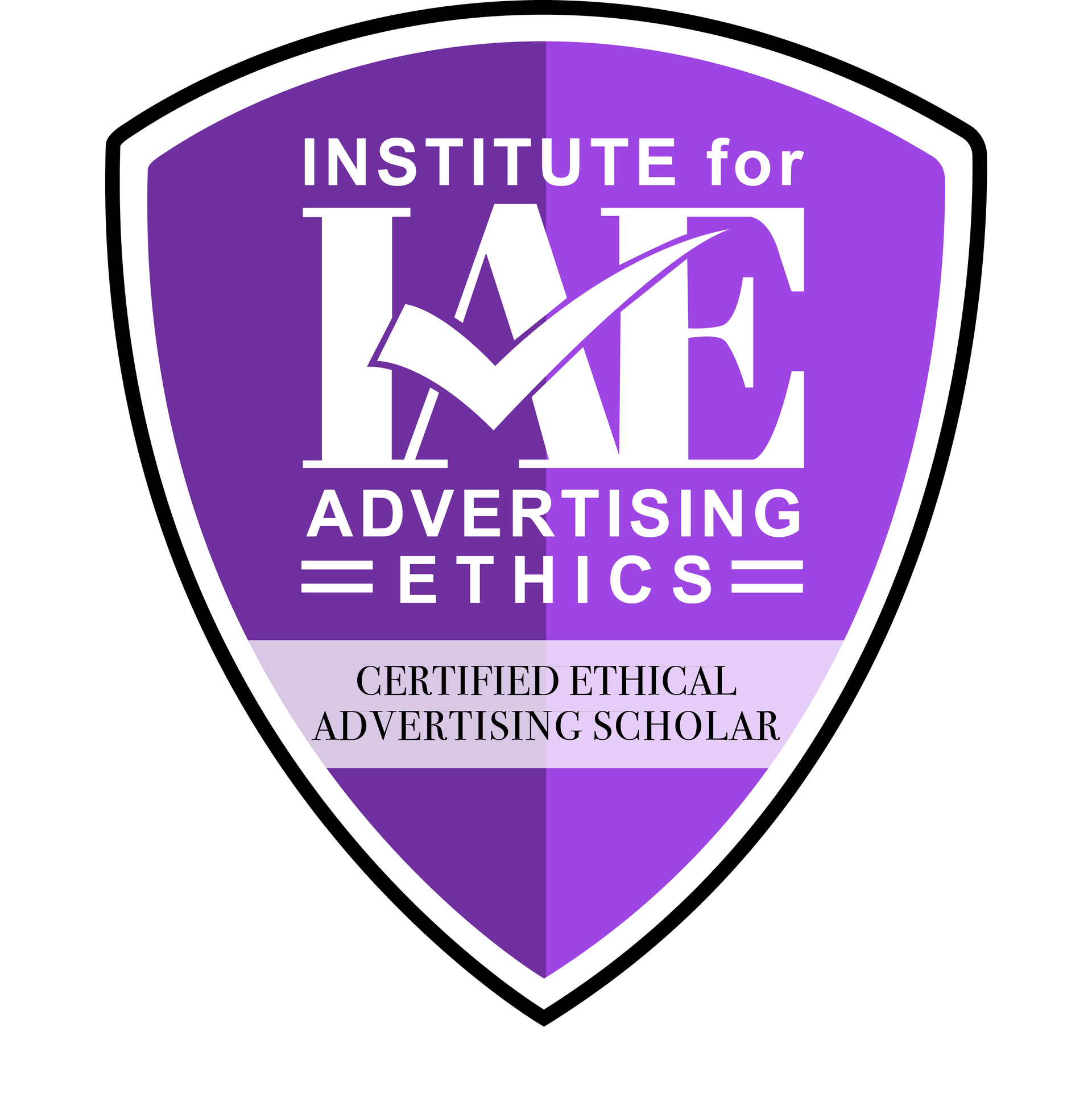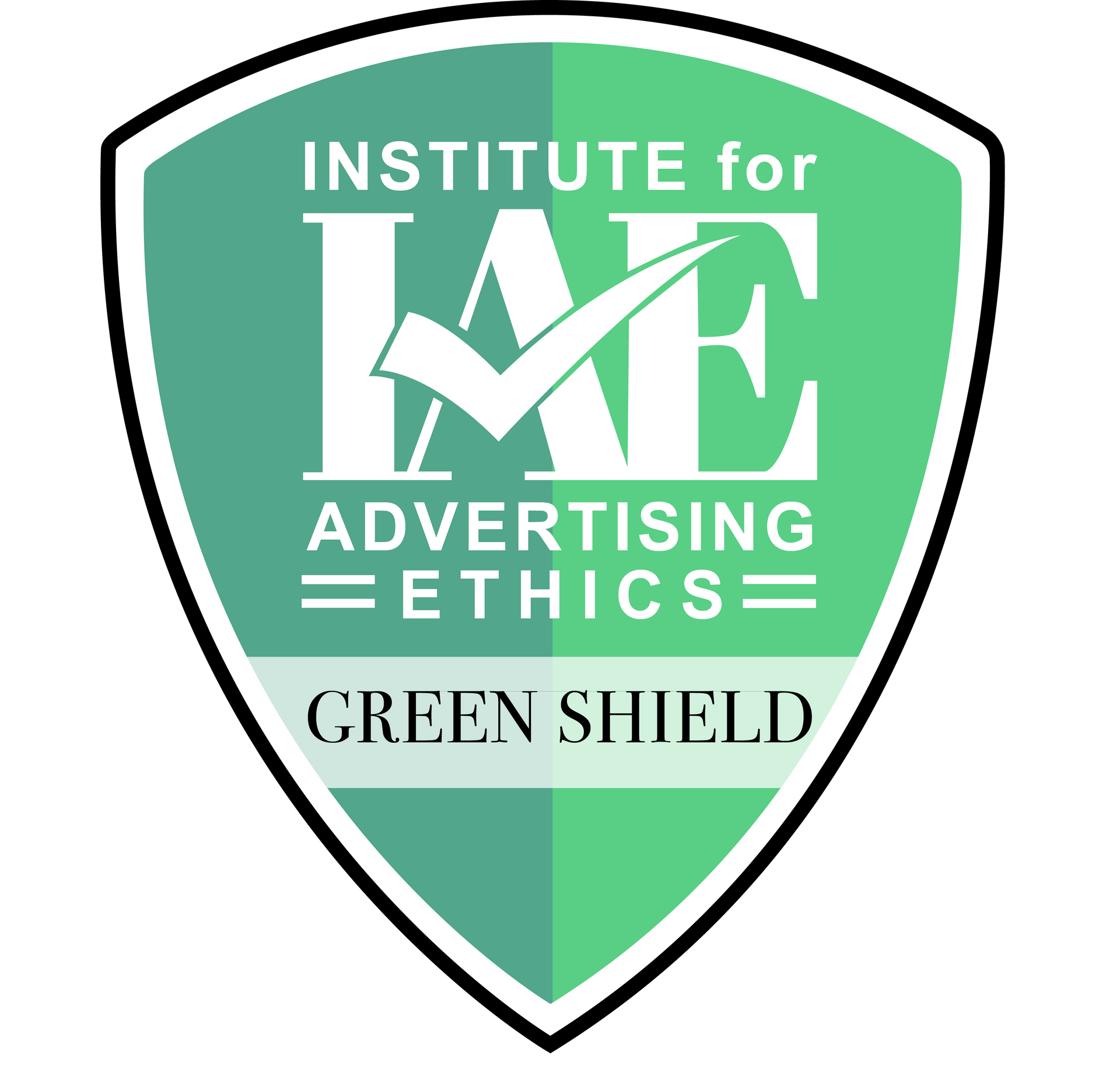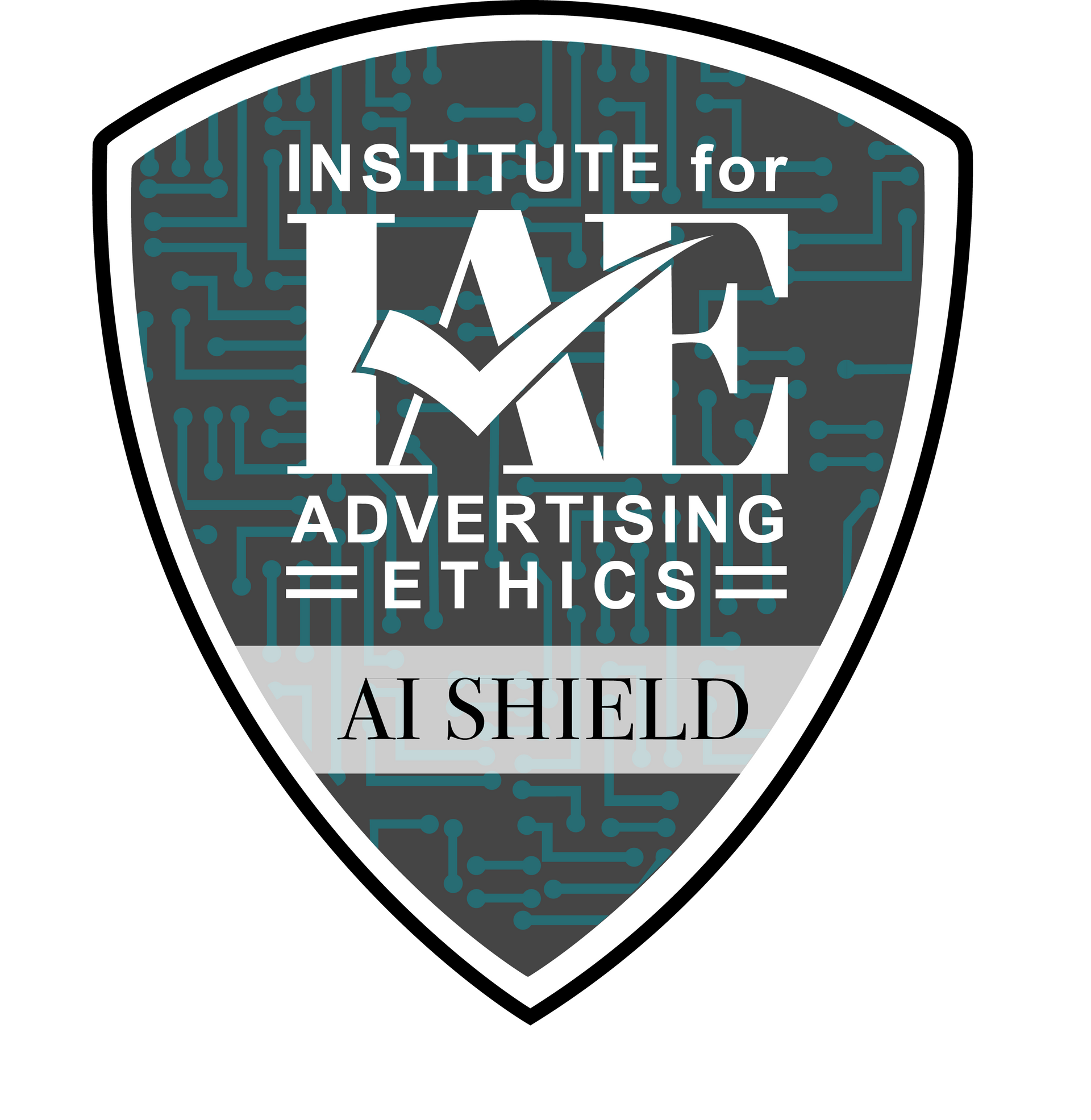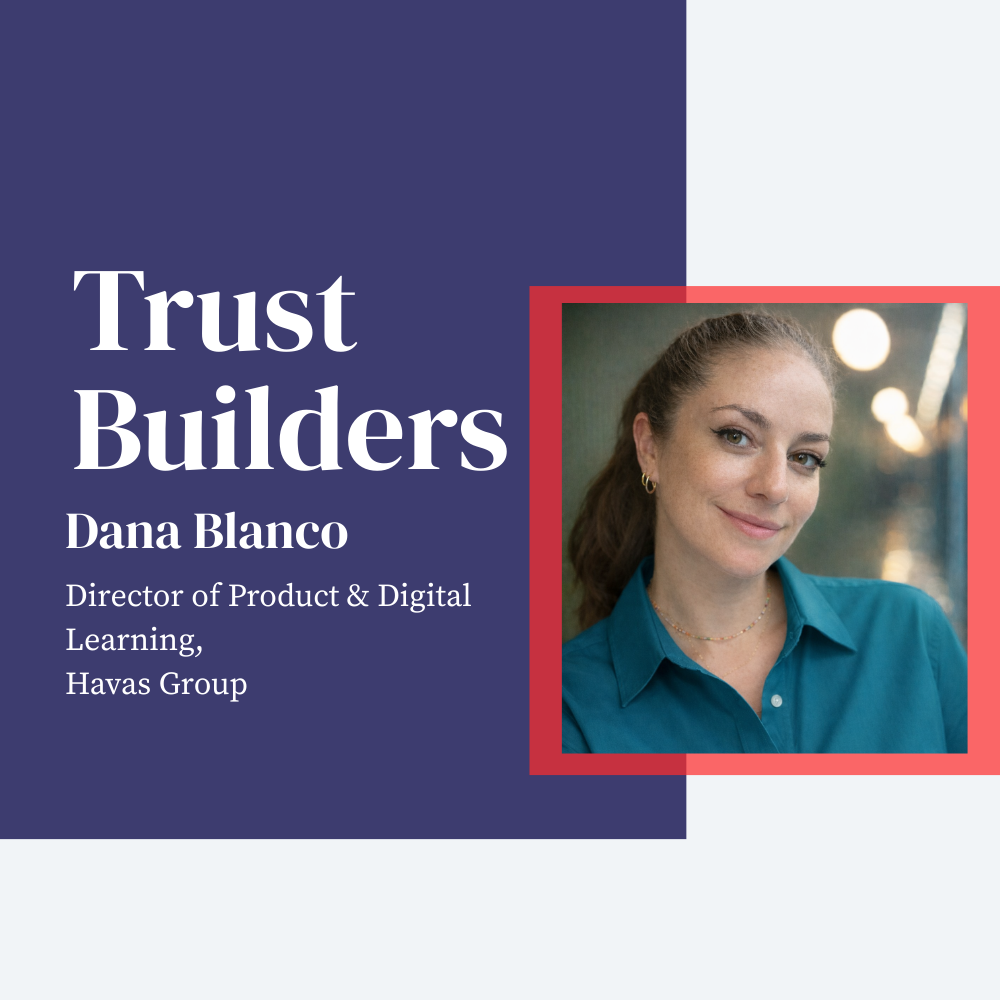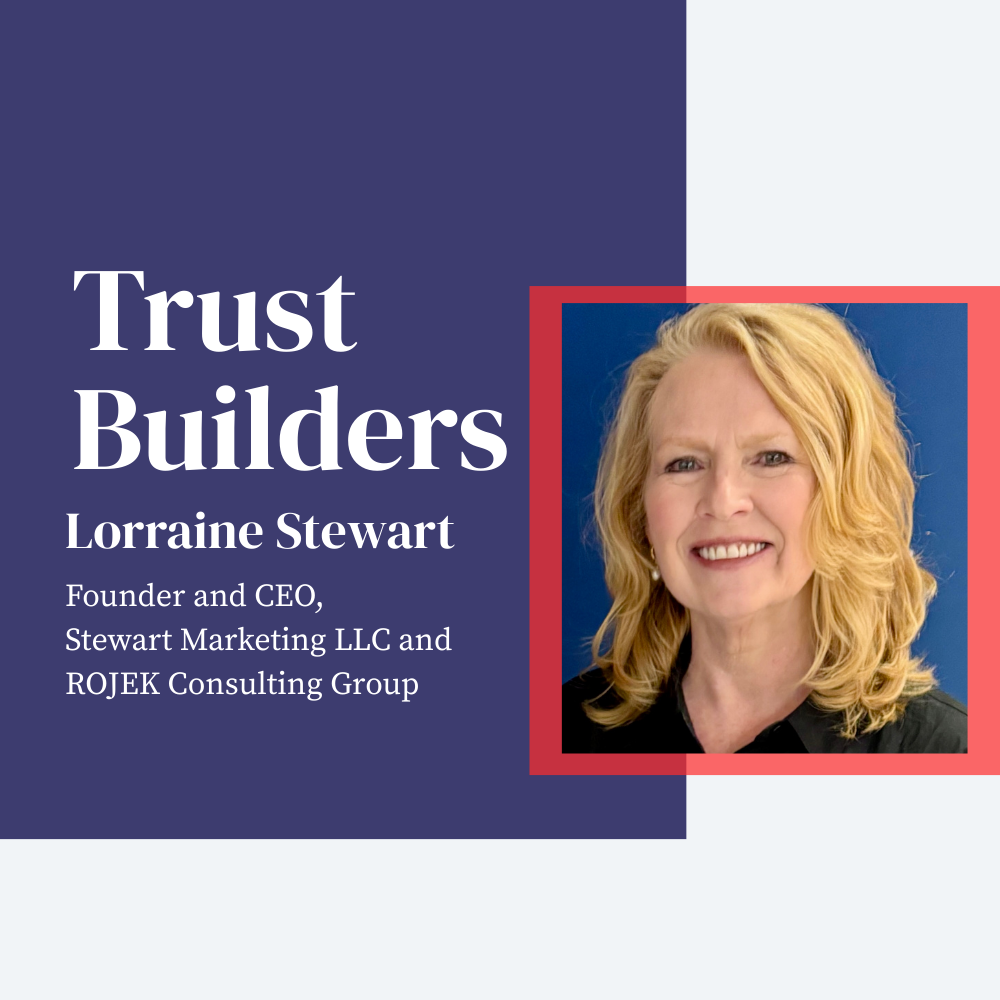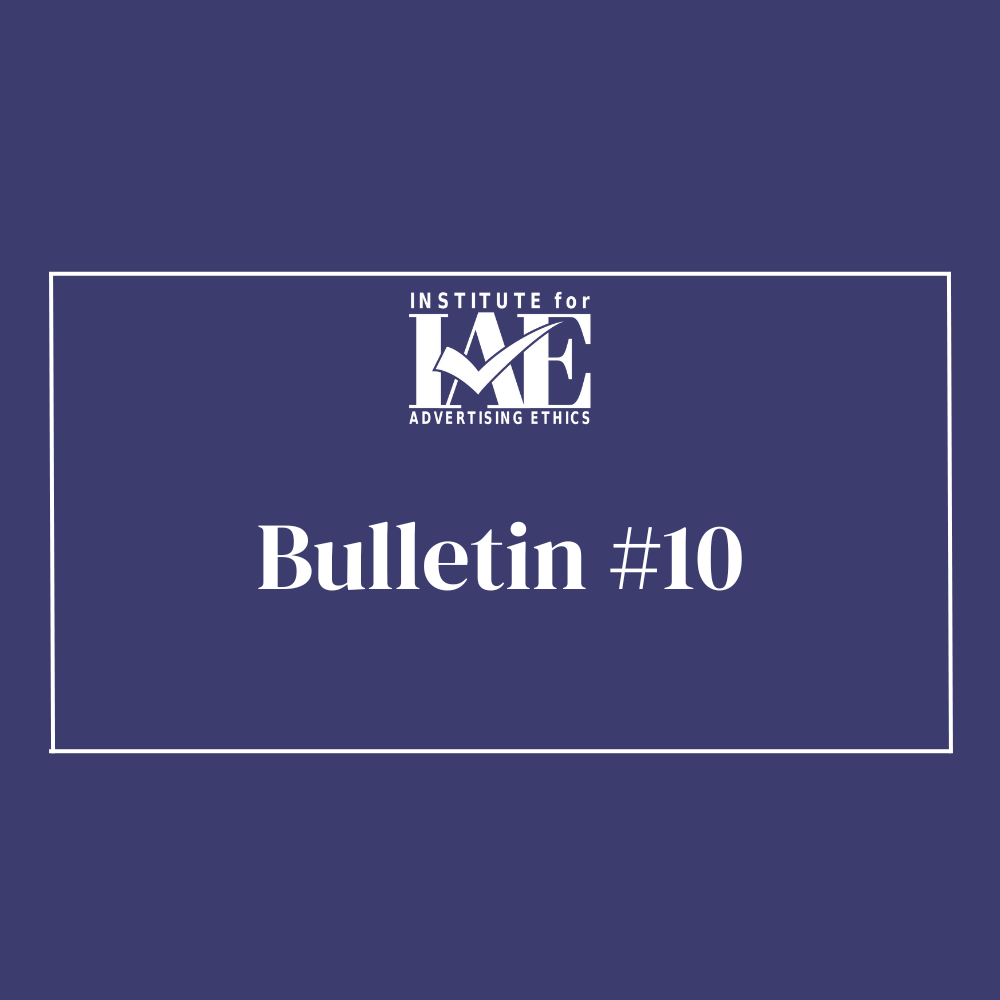Trust Builders: Charlotte Woodcock
Meet Charlotte! A member of our Trust Builders community.
Charlotte serves as the Community Engagement and Marketing Associate for HAWK Advisers and SafePark USA, where she has been part of the team for nearly three years. As a one-person, in-house marketing department, she manages a broad range of responsibilities including social media strategy, email marketing, content development, copywriting, tradeshow and event management, and community outreach, among other tasks.
In addition to her role at HAWK, she represents Ad 2 National as the 2nd Vice Chair, supporting the 32-and-under division of the American Advertising Federation (AAF). Formerly, she served as president of her local club, Ad 2 Roanoke, and now contributes at the national level by mentoring other Ad 2 Presidents, advocating for member success, and collaborating with the executive committee to strengthen clubs across the country.
How have the IAE's certifications impacted you, your career, and your approach to ethical advertising?
The IAE certifications have been instrumental in strengthening my understanding of advertising ethics, ensuring I stay as current as possible in a continuously evolving landscape. Both the insurance and marketing industries shift rapidly, and navigating that overlap can be challenging—especially when striving to reach core audiences with efficiency and impact. The three courses I completed offer clear and practical guidance, and I found that they equip me with the knowledge to anticipate and address ethical challenges before they even arise.

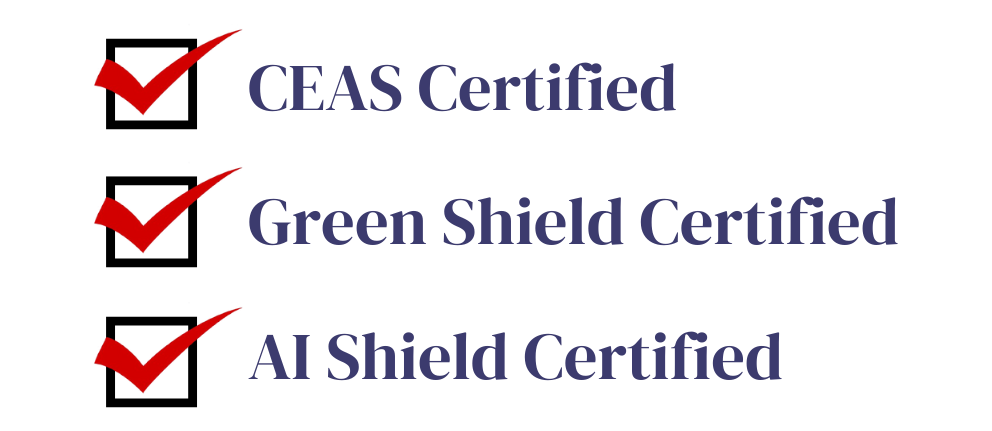
Why is ethics important for advertising?
Without ethics, advertising loses all impact. Ethical considerations form the backbone of any successful campaign—when consumer well-being isn’t prioritized, the message falls flat, never to see the end of the marketing funnel. Trust is the foundation of engagement, and without it, even the strongest creative will falter.
What are some of the biggest ethical challenges you see in advertising today and how do you think these challenges can be overcome?
Without a doubt, AI is the greatest challenge. Its quickly evolving capabilities highlight a key dilemma: the need for clear guidelines around non-transparent content generation.
AI-generated imagery is definitely at the forefront of this issue, raising questions about its responsible use in media and advertising. How these standards are and will be shaped will undoubtedly determine the trustworthiness of AI as a tool. It will be fascinating to watch!
We want to highlight you too! Fill out this form
to be featured on our Trust Builders Spotlight.
